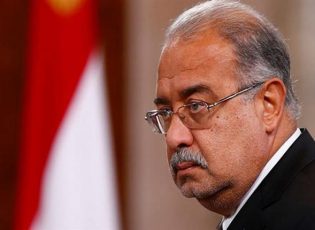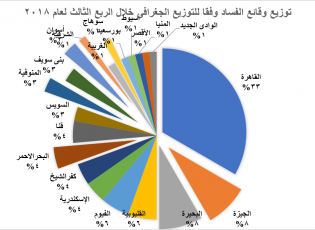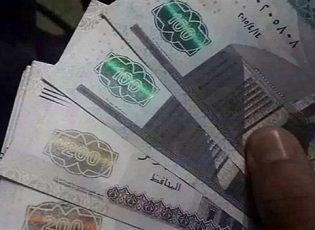There are many regulatory agencies in Al-Mahrousa, and they are all competing in one battle that aims primarily to combat and cripple the rampant corruption in the country, such as cancer, threatening it and impeding its development process. However, it is clear that corruption in Egypt is similar to “Mr. X” that never ends. It is not defeated by the multiplicity of regulatory agencies and its efforts have not prevented its reappearance. Among the most prominent of these bodies is the “Administrative Control Authority” charged with researching and investigating the causes of deficiencies in work and production To uncover the defects of the administrative, technical and financial systems that impede the performance of public agencies, in addition to following up on the implementation of laws and ensuring that the decisions and regulations of the systems are in effect and adequate to achieve their goal, in addition to the role of the authority in detecting administrative, financial and criminal offenses for workers while carrying out their work, and controlling the criminal incidents that Fall from non-employees related to the safety of public office performance.
The Central Auditing Organization is the most prominent oversight agency in Egypt, as it is responsible for overseeing state funds, public legal persons, and other bodies specified by law, in addition to monitoring the implementation of the state's general budget and independent budgets, and auditing its final accounts.
As for the Financial Supervision Authority, it is also one of the important and influential regulatory bodies in the area of combating corruption. It is concerned with monitoring and supervising non-bank financial markets and instruments, including capital markets and insurance activities, real estate financing, financial leasing, factoring and securitization.
Among the oversight bodies entrusted with combating corruption is the Administrative Prosecution Authority, which examines complaints referred to it by the competent heads or official authorities regarding neglect of the duties of a public office, and conducts investigations into administrative and financial violations, as it has its powers to review documents, summon witnesses and hear their statements, and permission By searching persons and homes of employees accused of financial and administrative violations, suspending employees from work, and imposing the appropriate disciplinary punishment for the incident committed by the employee. The Public Funds Investigation is one of the oversight bodies that aims to combat corruption and works to confront crimes that represent an aggression on the economic situation of the country, It also receives citizen reports of bribery and corruption.
Dr. Walaa Gad Al-Karim, Director of the Partners for Transparency Foundation, confirmed that there is a disagreement about the number of regulatory agencies in Egypt, some estimate their number at 22, and others estimate that it reaches 27 regulatory bodies, and pointed out the existence of a group of problems that make the role of these bodies limited In the forefront of which is the absence of administrative independence for most of these bodies, and this results from the appointment of their heads by the head of the executive authority, which violates the idea of independence, in addition to the absence of financial independence, and these factors limit the ability of these agencies to play their role, and added that the legislative and procedural systems governing this The agencies are "backward", and the administrative, organizational and technical capabilities of most regulatory agencies limit their effectiveness in combating corruption. For his part, Shehata Mohamed Shehata, Director of the Arab Center for Integrity and Transparency, confirmed that the number of regulatory agencies in Egypt does not exceed "5", indicating that this plurality It did not prevent the penetration of corruption in Egypt, and added that the main problem of the regulatory agencies lies in the lack of coordination and cooperation between them in the absence of a body responsible for ensuring this coordination.













